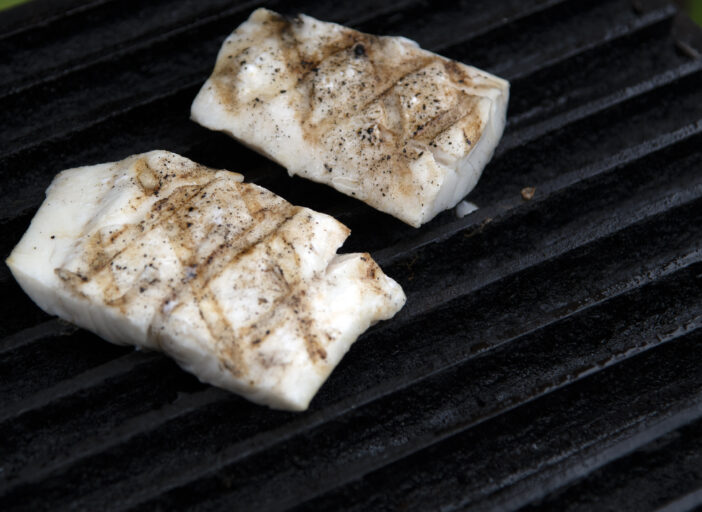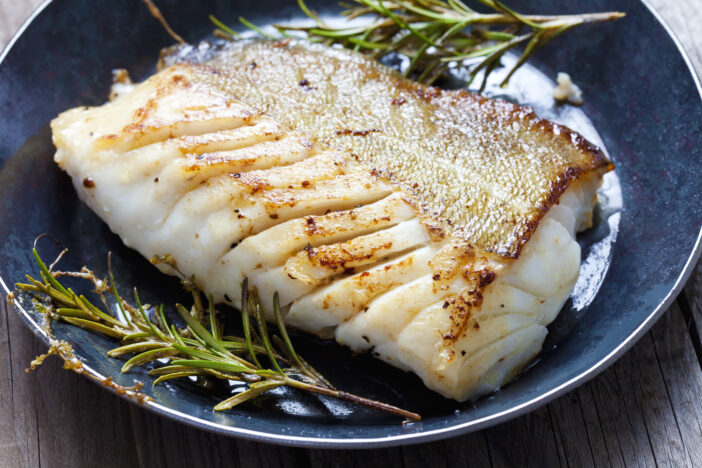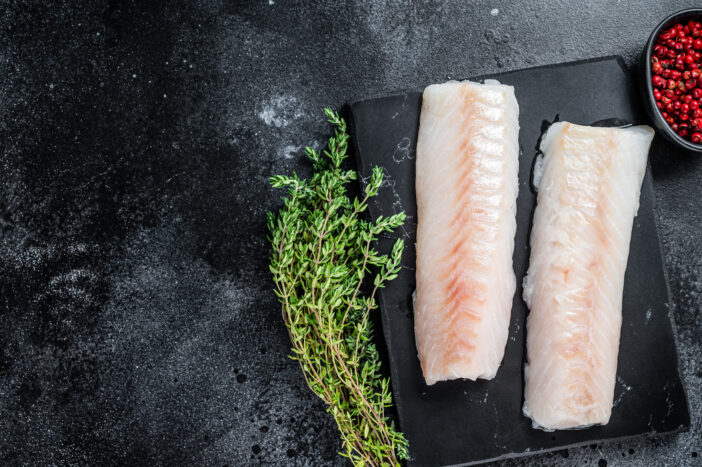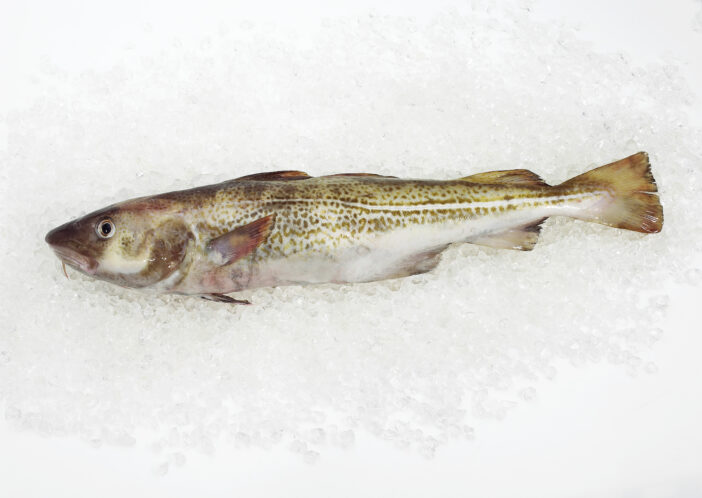10 Reasons Why Cod Tastes Fishy and How to Avoid It
Cod’s fishy taste comes from compounds like amines, impacted by diet, freshness, temperature, storage, water quality, fat content, and seasonality; cooking methods and handling can reduce the strong flavor, revealing the true mild taste of this versatile fish.

Cod fish is a staple in many cuisines around the world, prized for its mild flavor and flaky texture. However, some may find it has a distinct fishiness that can be off-putting; understanding the reasons behind this can enhance the dining experience.
Disclosure: As an Amazon Associate, this site earns from qualifying purchases. Thank you!
1. Unveiling Cod’s Unique Flavor Profile

Cod, like many other fish, has a flavor profile that is influenced by its environment and biology. The fishy taste often associated with cod is primarily due to the presence of compounds such as amines, which are naturally occurring in the fish. These compounds can be more pronounced in cod because it is a lean fish, lacking the fats that can mask stronger flavors in oilier fish species.
2. The Role of Diet in Cod Fishiness

What cod fish consume has a significant impact on their taste. Cod typically feed on smaller fish and crustaceans, which can contribute to the accumulation of certain amino acids and fatty acids. These compounds can break down into nitrogen-based substances that emit the fishy odor many people recognize, especially if the cod has consumed a diet rich in certain types of plankton or algae known to affect flavor.
3. Freshness Factor: From Sea to Plate

Freshness is key when it comes to the taste of cod. As cod ages, bacteria and enzymes break down the flesh, releasing trimethylamine (TMA), which is responsible for the fishy smell. The fresher the cod, the less TMA present, which means a cleaner, less fishy taste. Proper handling from the moment the fish is caught to when it’s served is crucial in minimizing this fishy flavor.
4. Temperature Impact on Cod’s Taste

Temperature plays a crucial role in the development of fishy flavors in cod. If the fish is not properly chilled after being caught, the rate of bacterial growth and enzyme activity increases, leading to a more pronounced fishy taste. Conversely, maintaining the fish at a cold temperature from catch to kitchen slows these processes, preserving the fish’s natural taste.
5. How Storage Affects Cod’s Flavor

The way cod is stored before cooking can also affect its fishy taste. Exposure to air can accelerate oxidation and the breakdown of fats, leading to off-flavors and rancidity. Vacuum-sealed packaging or proper icing can help maintain the fish’s integrity and minimize the development of unwanted flavors.
6. Water Quality’s Influence on Fishiness

The environment in which cod is harvested has a profound effect on its flavor. Fish harvested from clean, cold waters typically have a milder taste, while those from warmer or polluted waters can absorb contaminants and develop a stronger, more unpleasant fishy taste. This is why cod from certain regions is more highly valued for its superior flavor.
7. Cod’s Fat Content and Fishy Taste

Surprisingly, the low-fat content of cod can contribute to its fishy taste. Fatty fish often have oils that can help dilute and mask fishy flavors, but cod’s leaner composition means there’s less fat to perform this role. However, this also means that the flavor of cod can be a cleaner, more pure taste of the sea when fresh and handled properly.
8. Cooking Methods That Reduce Odor
Certain cooking methods can help mitigate the fishy taste of cod. Techniques such as poaching, baking, or grilling with aromatic herbs and spices can help neutralize fishy odors. Additionally, marinating cod in acidic ingredients like lemon juice or vinegar before cooking can break down the amines responsible for the fishy taste.
9. Seasonal Changes in Cod’s Flavor

The time of year can also affect the fishiness of cod. During spawning seasons, cod may have a stronger flavor due to hormonal changes. Conversely, in the colder months, cod tend to feed less and store more fat, which can result in a milder flavor profile, making seasonality an important factor to consider when seeking the best-tasting cod.
10. Misconceptions About Cod Fishiness

Lastly, it’s important to address misconceptions about cod’s fishiness. Not all fishy taste is indicative of poor quality; some of it is a natural characteristic of the fish. Additionally, the notion that all cod is overwhelmingly fishy is incorrect, as proper handling, storage, and cooking can significantly reduce any unpleasant flavors, leading to a deliciously mild and enjoyable fish.
Understanding the factors that contribute to the fishy taste of cod can help consumers and chefs make better choices in selecting and preparing this versatile fish. With the right knowledge, the fishy taste often associated with cod can be minimized, revealing the true, subtle flavors that make this fish a culinary favorite.






